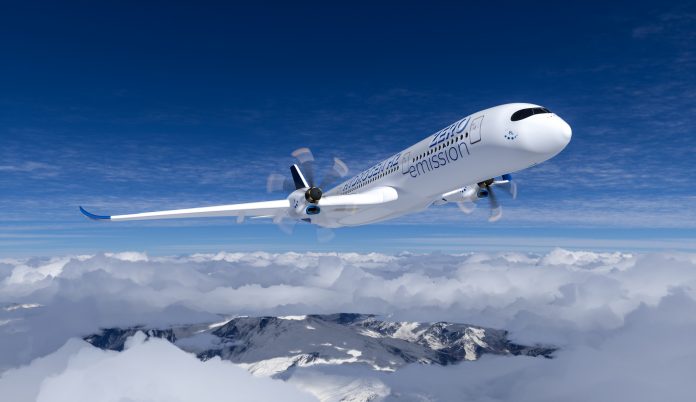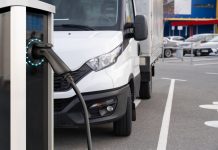The UK Civil Aviation Authority (CAA) has unveiled the trio of companies chosen to participate in its Hydrogen Challenge Sandbox in an effort to promote the use of hydrogen fuel in the journey toward net zero aviation
Launched on 23 November and supported by the Regulator’s Pioneer Fund funding, this initiative aims to drive the aviation industry towards embracing hydrogen as a zero-emission fuel, aligning with the UK Government’s Jet ZeroStrategy.
Which companies have been selected?
The companies selected include Cranfield Aerospace Solutions, Exeter Airport Consortium, and ZeroAvia. They represent a diverse spectrum of expertise within the aviation sector.
They will closely collaborate with the CAA to accelerate industry readiness to adopt hydrogen fuel and new technologies.
Andrew Bell, Chief Executive of Regional and City Airports, which owns and operates Exeter Airport, commented: “Introducing hydrogen fuel to ground operations could be a game-changer on the journey to net zero, and we’re delighted to be part of this exciting and potential hugely significant project for the global aviation industry.”
The individual role of each company
Cranfield Aerospace Solutions is leading the development of a hydrogen fuel-driven aircraft. Their agenda includes strict ground testing and flight trials scheduled for the near future. Partnering with the CAA, they aim to identify and mitigate potential hazards and safety challenges.
The Exeter Airport Consortium, including Regional & City Airports, TUI, ULEMCo, and Cranfield University, focuses on reducing the environmental impact of aircraft turnarounds at Exeter Airport. Their collaborative study explores the feasibility of integrating hydrogen fuel into ground operations, potentially revolutionising the process of achieving net zero emissions in aviation.
ZeroAvia, is actively developing hydrogen-electric engines for aircraft. With a prototype system already airborne in a Dornier 228 testbed under CAA approval, ZeroAvia is set to collaborate closely with the regulatory body to navigate the complexities of retrofitting aircraft with hydrogen-electric powertrains.
“Introducing hydrogen fuel to ground operations could be a game-changer on the journey to net zero”
Net zero aviation
The Hydrogen Challenge Sandbox promotes collaboration between industry stakeholders and regulatory authorities. By providing a platform for real-world testing and feedback, the CAA aims to facilitate the development of robust regulatory frameworks that can adapt to the rapid advancements in hydrogen technology.
While hydrogen as an aviation fuel is still developing, the CAA remains committed to addressing safety concerns and certification pathways through its Regulatory Sandbox approach.
The Hydrogen Challenge Sandbox
The Hydrogen Challenge will run for an initial period until 28 February 2025, with nearly £940,000 in funds from the Regulators’ Pioneer Fund. The challenge will further facilitate industry collaboration and propose new recommendations for net-zero policies.











